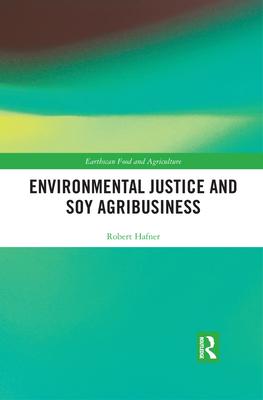Environmental justice research and activism predominantly focus on openly conflictive situations; claims making is central. However, situations of injustice can still occur even if there is no overt conflict. Environmental Justice and Soy Agribusiness fills this gap by applying an environmental justice incommensurabilities framework to reveal the mechanisms of why conflicts do not arise in particular situations, even though they fall within classic environmental justice schemes.
Empirically, the case study focus is on the remote soy frontier in Northwest Argentina, particularly the town of Las Lajitas as the nucleus of soy production. This represents an excellent example of the recent expansion of the soy agribusiness industry in Latin America. First, a classic environmental justice analysis is carried out. Second, and drawing on the epistemological works of Ludwik Fleck, an alternative analytical framework is proposed, visualising locals’ thought styles on change, effects and potential conflict in relation to soy agribusiness. Here, visceral elements and the application of a jazz methodology are vital for a more holistic form of multisensory cognition. Third, incommensurabilities among the classic and alternative approach are uncovered, arguing for the importance of temporal and spatial contexts in environmental justice research.









